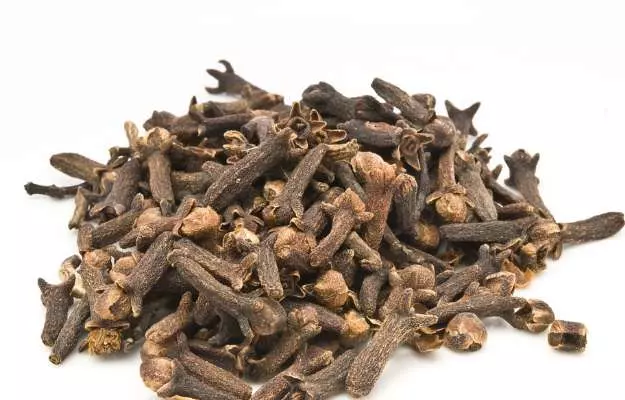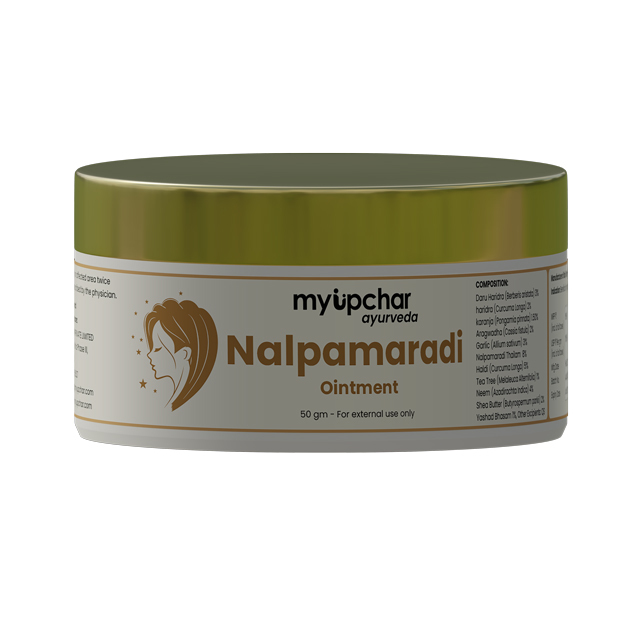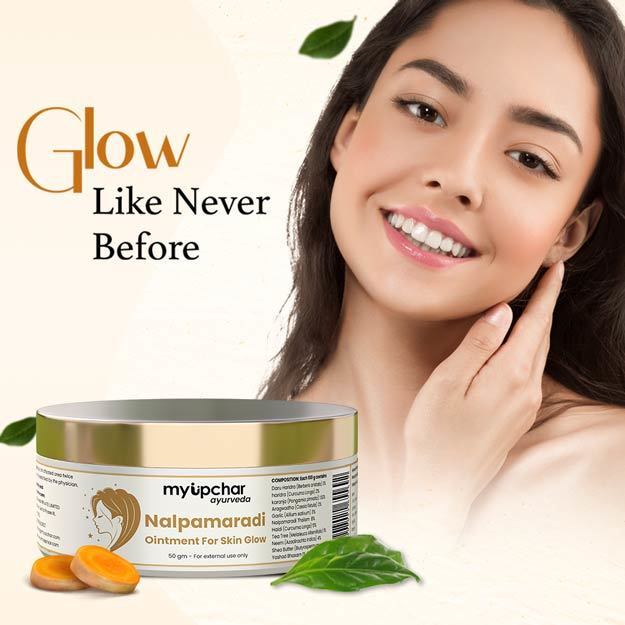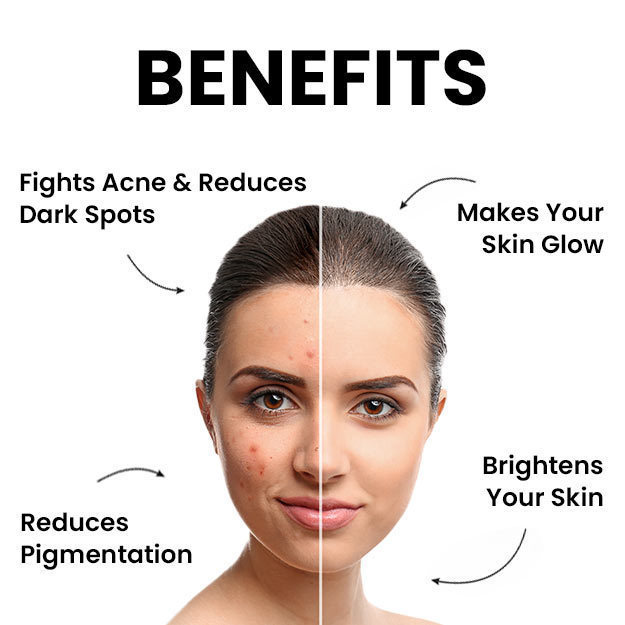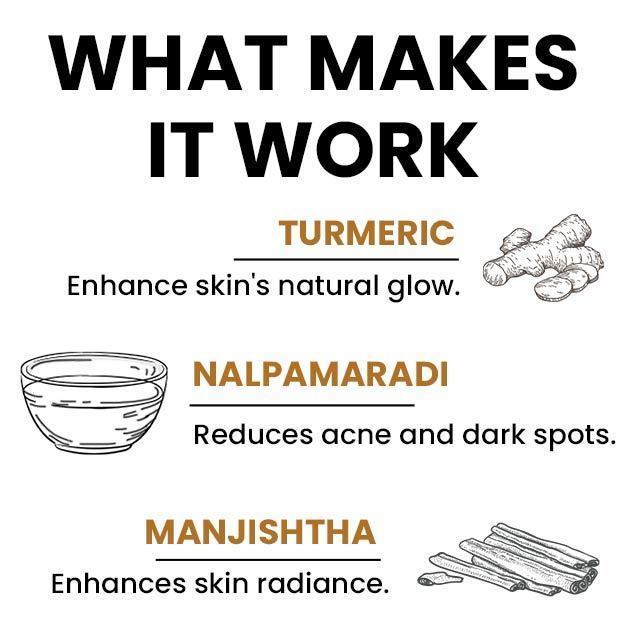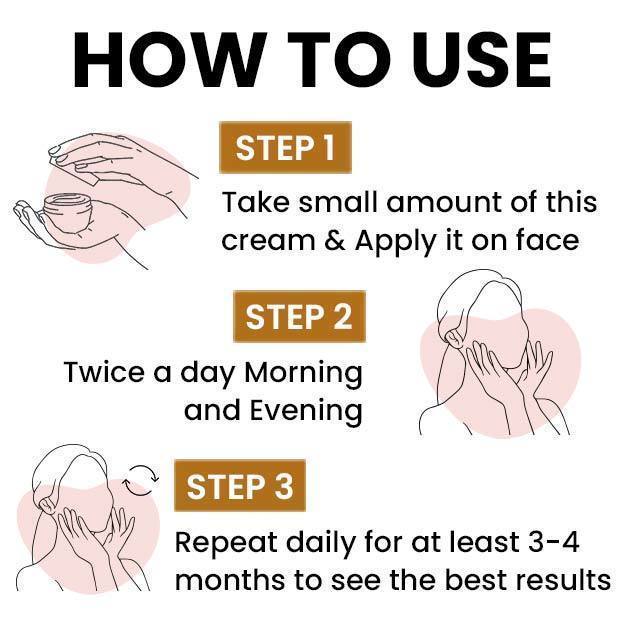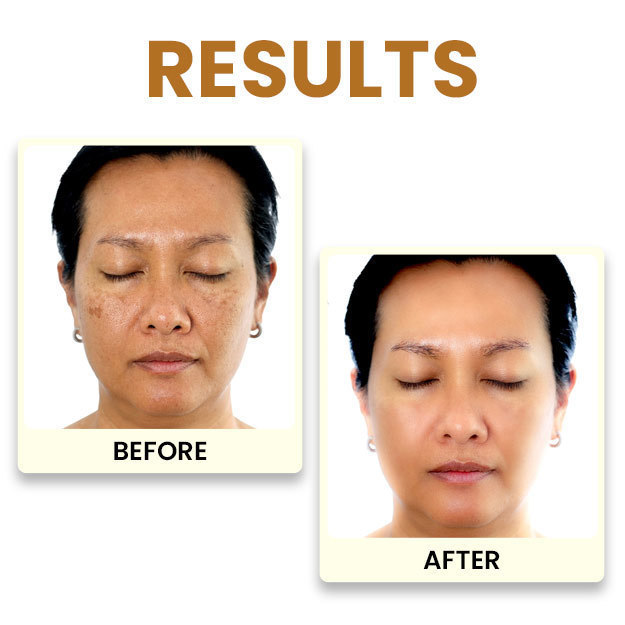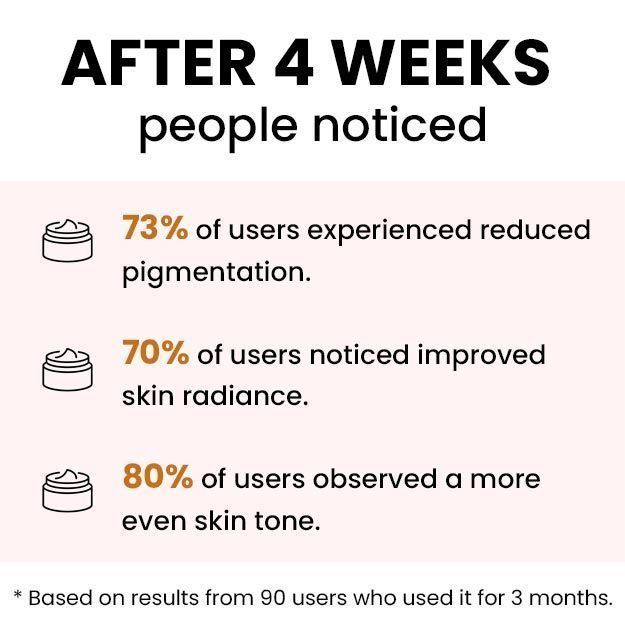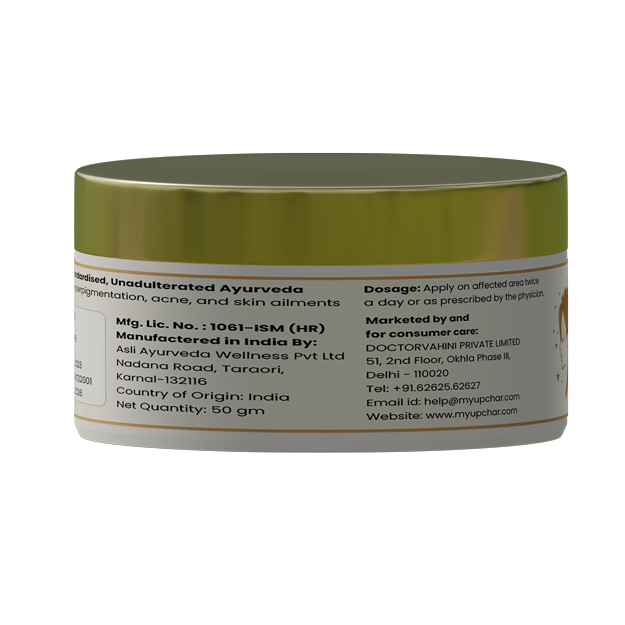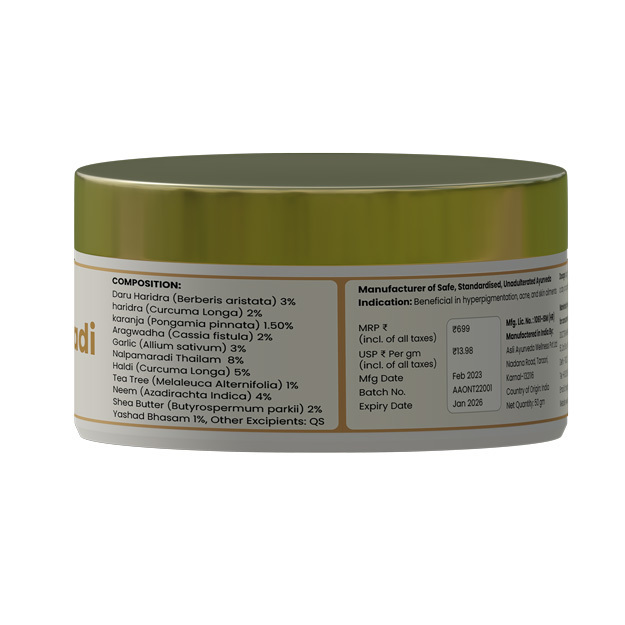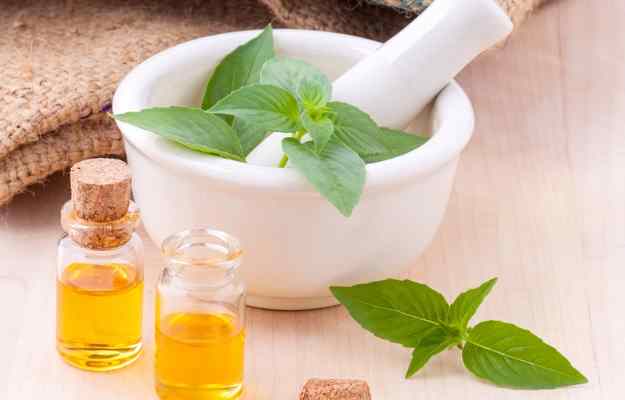Clove oil is extracted from the dry flower buds of the clove plant, Syzygium Aromaticum. This plant is mainly found in Indonesia, India, Pakistan, Sri Lanka, and Eastern Africa.
Clove plant is evergreen, and it grows approximately twenty-six to thirty-nine feet tall. The leaves are square in shape and are a colorful shade of pink grow in clusters. The flowers are harvested when they are less than an inch in size and bright red in colour. They are then dried in the sun until a dark brown colour with a rigid texture is achieved.
Three types of oil are obtained from the clove plant. Bud oil comes from the flower buds, leaf oil from the leaves and stem oil from the twigs.
Clove is one of the oldest spices and the oil they produce is used as a natural treatment for a variety of ailments. The colour of the clove oil ranges from pale yellow to golden brown. It is readily available at local stores it can be easily found in the medicine cabinets of people who prefer a natural approach to treating their everyday problems. It has significant medicinal properties and is typically used for pain relief. It has a spicy aroma, like that of cloves. Hence, clove oil is commonly used as a fragrance and flavouring agent in various recipes.
Some basic facts about cloves and clove oil:
- Scientific Name of clove: Eugenia caryophyllata L.
- Family: Myrtaceae
- Common name: Laung ka tel in Hindi
- Sanskrit Name: लवङ्ग-तैल, LavaGga-talia
- Origin: Clove oil is a native of Indonesia and the Malacca Islands.

